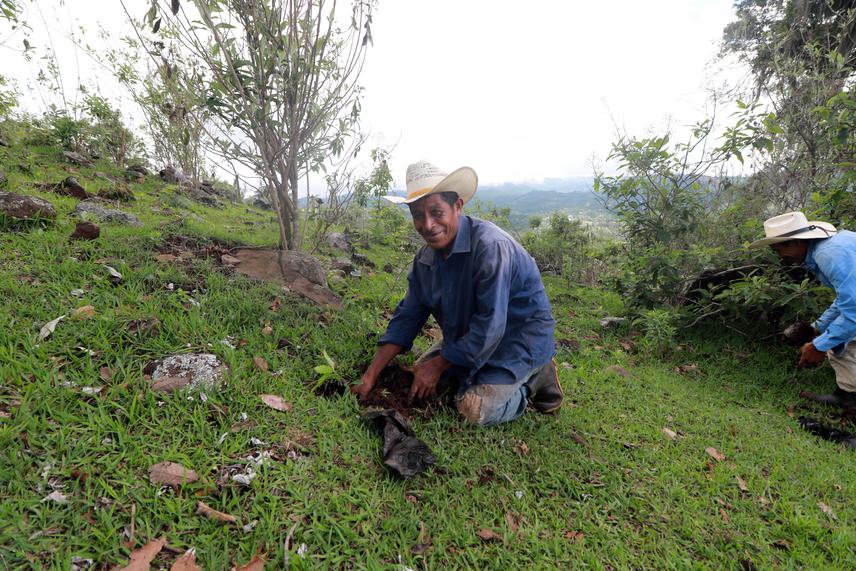Mónica Torres
Other projects
9 Sep 2022
Upscaling and Enhancing Biological Corridors for the Conservation of Abronia campbelli, through Research and Capacity Building
20 Aug 2024
Enhancing Canopy Ecosystems: Integrating Vascular Epiphytes into Habitat Restoration for the Conservation of Abronia Campbelli
The habitat restoration actions proposed in this project will result in the reforestation of 20,000 seedlings of key forest species, covering 99,300 m2. This will create over 8 kilometres of biological corridors, that will reduce by half, the existing gap between this new distribution area and the original one. These corridors will increase the quality, quantity and connectivity of habitat available for A. campbelli and its associated biodiversity, reducing the main threat for the species. The implementation of these biological corridors and their subsequent maturity will translate into the creation of new habitat capable of allowing the species to increase its population and mobility patterns. This will increase the resilience of A. campbelli and its ability to thrive for the long-term.

Abronia campbelli is critically endangered due to habitat loss, as a result of land-use change for agriculture and livestock. This species was considered practically extinct since its description but, recently two new distribution areas have been discovered for the species, bringing hope for the species conservation status. This project is the first step towards habitat restoration in one of the new distribution zones, through the creation of biological corridors utilizing privately owned, small landholdings of 60 families. This will turn a current threat to A. campbelli, into a conservation opportunity, reconciling local food production and development with conservation.